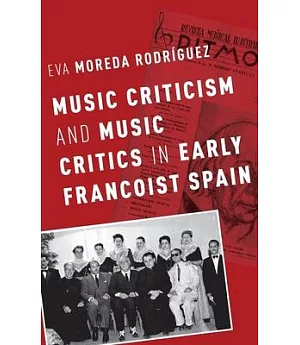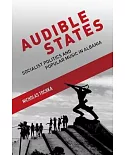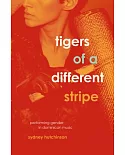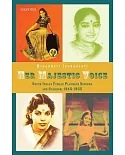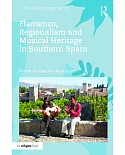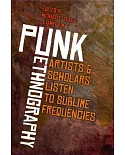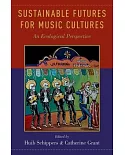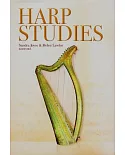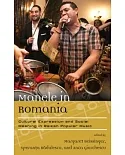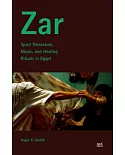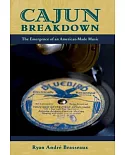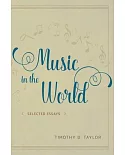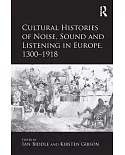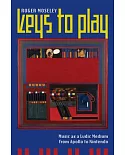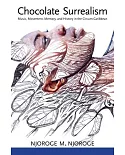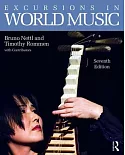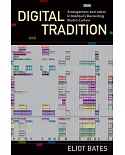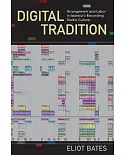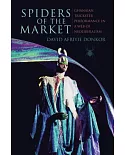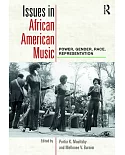The early years of the Franco regime saw the formation of a strong governmental propaganda apparatus. Through expansive press laws that solidified state control over public and private media
outlets alike, the Franco government directly influenced what information was made available to the public. While music critics and journalists were by no means free from government control and
direction, music criticism under the Franco regime did not adhere to any official party "line" on music. Indeed, music criticism often demonstrated a diversity of opinion and ideological belief
that runs counter to many common assumptions about journalism under fascist regimes.
In Music Criticism and Music Critics in Early Francoist Spain, Eva Moreda Rodríguez presents a kaleidoscopic portrait of the diverse and often divergent writings of music critics in
the early years of the Franco regime. Although she does not shy away from the thorny issues of propaganda and censorship, Moreda Rodríguez considers other factors that shaped the journalistic
discourse surrounding music. Political rivalries, ideological diversity within musical "conservatism," as well as the explicit and implicit expectations of the Franco government all influenced
the diverse landscape of music criticism. Moreover, the central issues that music critics were concerned with during Francoism’s early years-modernist music, Spanish early music, traditional
music, and music’s role in organizing the state-had already been at the center of debates within the press for several decades. Carefully selecting contemporary writings by well-known music
critics, Moreda Rodríguez contextualizes music criticism written during the Franco regime within the broader intellectual history of Spain from the nineteenth century onwards. The first
critical study of the musical press of Francoist Spain in the broader cultural and social fabric of the regime, Music Criticism and Music Critics in Early Francoist Spain is an
essential resource for musicologists interested in 20th-century Spain, as well as Hispanists interested in the early Franco regime.

